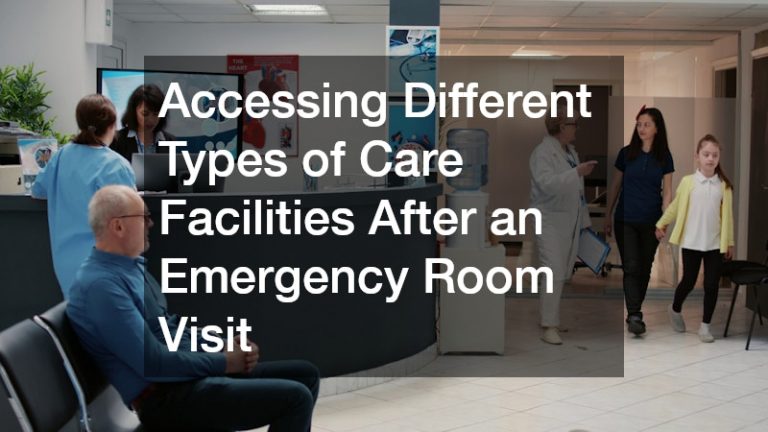- The U.S. has approximately 55 million aging adults, experiencing physical and mental decline impacting daily activities.
- Aging individuals commonly face loneliness, isolation, health and nutrition issues, cognitive decline, and financial stress.
- Loneliness can lead to depression and anxiety, and nutritional challenges can cause health problems like diabetes.
- Cognitive issues lead to memory loss and confusion; financial and mobility issues affect the ability to live independently.
- You can help aging loved ones by staying connected, encouraging healthy habits, getting professional help, and utilizing community resources.
The aging process is a natural part of life with various challenges and complexities. As our loved ones grow older, they may encounter several health, lifestyle, and emotional issues that can be difficult to manage. Understanding the common problems that aging individuals face can help you provide the support and care they need as they navigate this stage of life. Here’s what you need to know about aging individuals in the country, the common problems they experience, and ways to help them.
Aging Individuals in The U.S.
It’s estimated that there are about 55 million aging adults in the country. These individuals are defined as those who are 65 years or older, and they make up about 16% of the population. This number is expected to double by 2060, with an estimated 95 million aging adults in the U.S.
As people age, their physical and mental capabilities may decline, making it challenging to perform daily tasks. About one-third of aging Americans report difficulty in at least one activity of daily living, such as bathing, dressing, or eating. This decline in functioning can be attributed to age-related conditions like arthritis, diabetes, and dementia.
Common Problems Faced by Aging Individuals
Various problems can plague aging individuals. However, specific problems are more common than others. Here are some of those common problems:

Loneliness and Isolation
One of the biggest challenges that aging individuals face is loneliness and isolation. As they age, they may lose friends and family members, leading to a reduced social circle and increased feelings of isolation. Health problems, mobility issues, and retirement can also limit their socializing ability. As a result, they may become depressed or anxious, which can further impact their overall health and well-being.
Nutrition and Health
Maintaining healthy eating habits and getting enough exercise becomes increasingly important as people age. Aging bodies require fewer calories, but more nutrients to stay healthy. Problems like metabolic syndrome, diabetes, and heart disease may also arise as a result of aging. Understanding the essential nutrients and foods that aging individuals need can help you support their health and well-being.
Cognitive Decline and Memory Loss
Cognitive decline and memory loss are common issues that affect many aging individuals. They may experience memory lapses, forgetfulness, and confusion, affecting their ability to live independently and look after themselves. Memory games, brain exercises, and physical activity can help maintain cognitive health and delay the onset of dementia.
Financial Stress and Limited Mobility
Aging individuals may also encounter financial stress, mainly if they have limited retirement savings or cannot continue working. This can lead to anxiety, stress, and limited mobility. Furthermore, mobility issues, such as problems with balance, walking, or getting up and down stairs, can impact their ability to live independently. Understanding the available support services can help address these problems.
How to Help Aging Individuals
As friends, family, or caregivers of aging individuals, there are various ways you can support and help them navigate the challenges of aging. Here are a few suggestions:

Get Professional Help
It’s important that you get the professional help your seniors need. A local home health aide can help with daily tasks like bathing, dressing, and meal preparation. You can also look into adult daycare centers or respite care services to give you a break when needed.
Stay Connected
Regular communication is crucial for aging individuals. Stay connected with phone calls, video chats, or in-person visits if possible. This can help reduce feelings of loneliness and isolation and provide a sense of comfort for your loved ones.
Encourage Healthy Habits
Help your aging loved ones maintain healthy habits by providing nutritious meals, encouraging physical activity, and assisting with medication management. You can also accompany them on walks or join them in trying out new exercises suitable for their age and abilities.
Seek Out Community Resources
There are various community resources available to support aging individuals and their caregivers. These may include senior centers, transportation services, meal delivery programs, and support groups. Research your local area to find out what resources are available for you and your loved ones.
Understanding the challenges that aging individuals face can help us provide better care and support for your loved ones as they age. By staying connected, encouraging healthy habits, and seeking professional and community resources when needed, you can help your aging loved ones live a fulfilling and comfortable life. Remember to be patient, understanding, and supportive as they navigate this stage of life.




